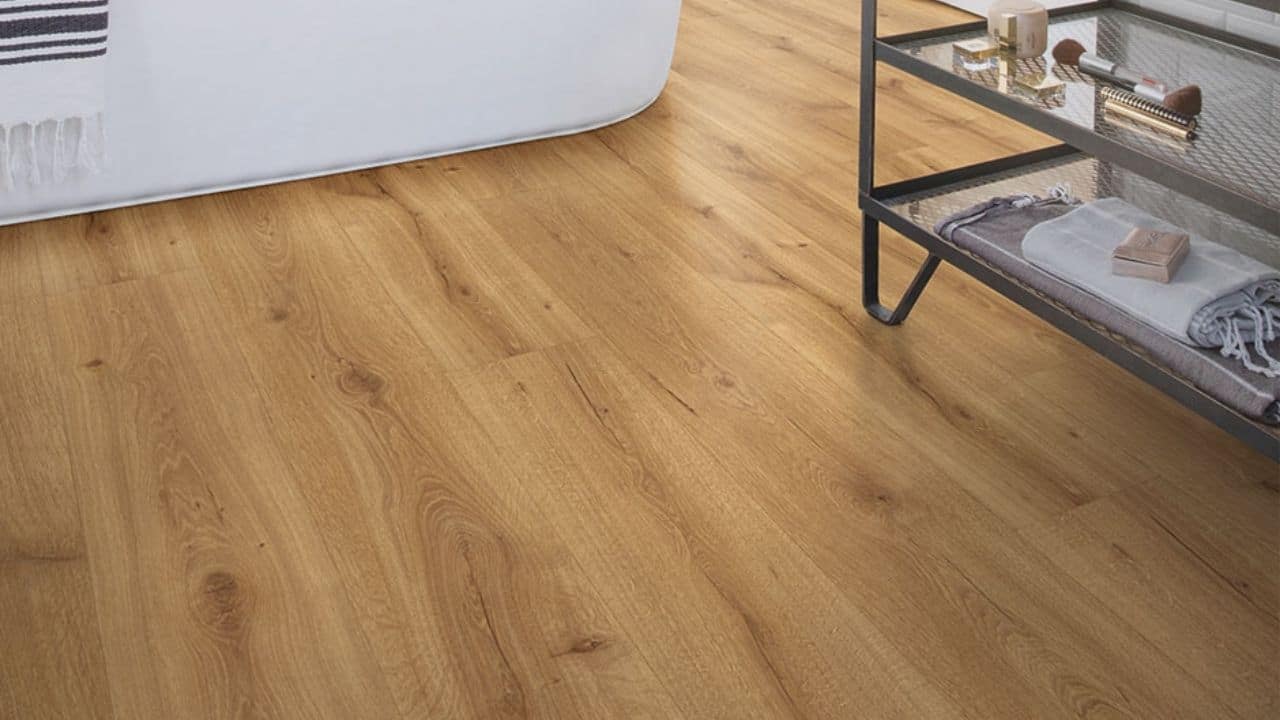Waterproof flooring is a desirable feature in any kitchen or bathroom. And if you’ve got youngsters and a busy home, it can be handy in any space! But how can you ensure you pick the best product to suit your requirements? And how does one make sense of the vast amounts of data available?
To begin, you should think about whether or not a completely waterproof floor is necessary

Vinyl flooring is impervious to moisture. In other words, it can handle the occasional splash without any damage. It’s unlikely your floor will be damaged if you wipe it up soon. On the other hand, waterproof flooring won’t admit moisture at all. It should look and feel the same after being on the floor for an extended period. Know more about vinyl flooring in Baytown, TX.
That’s quite a standard, and not all vinyl flooring options will be up to it. A good option, in this case, is vinyl sheet flooring. The fact that it’s sold in long, narrow sheets means you can seal any potential leaks.
On the other hand, vinyl tiles and planks make it challenging to establish a waterproof floor. As a result of the narrow spaces between individual boards or tiles, this is the case. Water will seep into the cracks in the floor if it pools there.
Contemplate the Process of Setting Up
To have a waterproof floor, the installation must be done correctly. Larger vinyl flooring sheets are preferable since they cover more floor area. Even better would be no seams or joints between the individual components. If there aren’t any seams, water won’t be able to sneak in.
Don’t scrimp on adhesive; invest in a floor roller to guarantee the vinyl stays glued tightly to the subfloor. This will prevent moisture from seeping through the flooring, much like avoiding joints. For vinyl flooring, the same rules apply. Apply a generous amount of adhesive and smooth it evenly throughout the area if you install glue-down flooring. And if you’ve bought a self-adhesive product, you may want to keep a tube of glue on hand to apply extra if needed.

Stay Connected